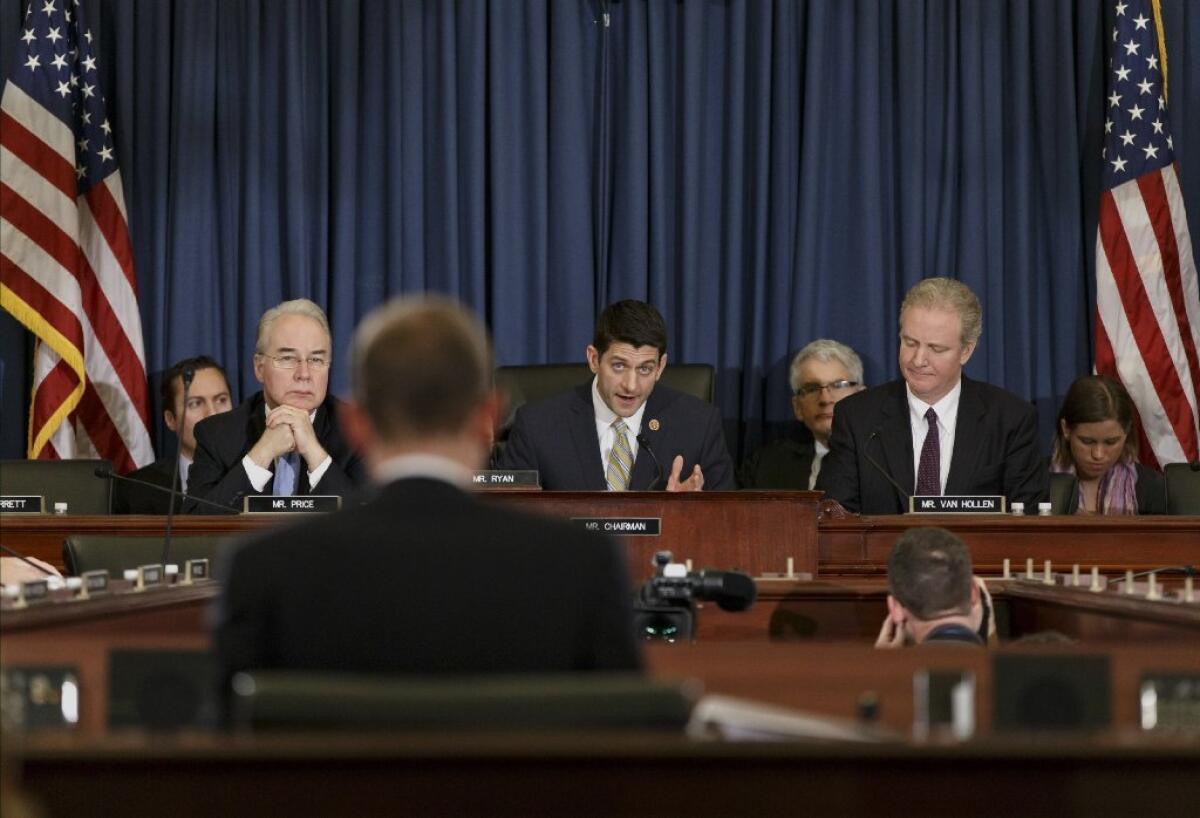The zombie walks: Yet another GOP attack on Medicaid

House Budget Committee Chairman Paul D. Ryan, R-Wis., obviously is a great adherent of the adage, “If at first you don’t succeed, try, try again.” On Monday his committee released another attack on Medicaid, one of the linchpins of the Affordable Care Act and one that for some reason is especially detested by conservatives, like the majority members of Ryan’s committee.
The attack is buried within the Ryan committee’s 204-page assault on the War on Poverty, which has just observed its 50th anniversary, as we reported in January. If you want to skip to the meat, the Medicaid section starts on Page 103.
Austin Frakt and Aaron Carroll have done the heavy lifting of dismantling the Ryan attack point by point. In a nutshell, the main flaw of Ryan’s position is that it ignores that the difference between the population on Medicaid and the low-income population without it is that the latter group has no insurance. Medicaid isn’t perfect, but for all its flaws, it provides access to healthcare for a population that, in large part, otherwise has nothing.
As Frakt and Carroll point out in the starkest terms:
“Does anyone really dispute that having health insurance is better than not having health insurance? Anyone who does should put their money where their mouth is. Medicaid isn’t welfare. You don’t get cash. It pays for health care if you need it. And, like all health insurance, it makes people healthier and saves lives. Lots of people say so. Studies confirm this.”
The bankruptcy of the committee majority’s attack on Medicaid is exposed by its reliance on the famous “Oregon study” of Medicaid, which conservatives have interpreted to show that the program doesn’t improve health outcomes. Indeed, here’s the report’s gloss on Oregon: “Medicaid coverage has little effect on patients’ health.”
However, as numerous experts have observed, the Oregon study didn’t have the statistical design or power to detect improvements in diabetes, heart disease risk, hypertension or high cholesterol, some of which are the markers pointed to by the Ryan report. Some critiques can be found in the New England Journal of Medicine and here. Suffice to say that anyone who uses the Oregon results without qualifying them to suggest that Medicaid doesn’t lead to improved health isn’t being serious and shouldn’t be trusted.
The most important point raised by Frakt and Carroll is that, if you’re concerned about Medicaid’s shortcomings and how they hamper its goal of bringing healthcare to low-income people, the solution is to improve the program. Gutting it is the opposite approach.
More to Read
Start your day right
Sign up for Essential California for news, features and recommendations from the L.A. Times and beyond in your inbox six days a week.
You may occasionally receive promotional content from the Los Angeles Times.







